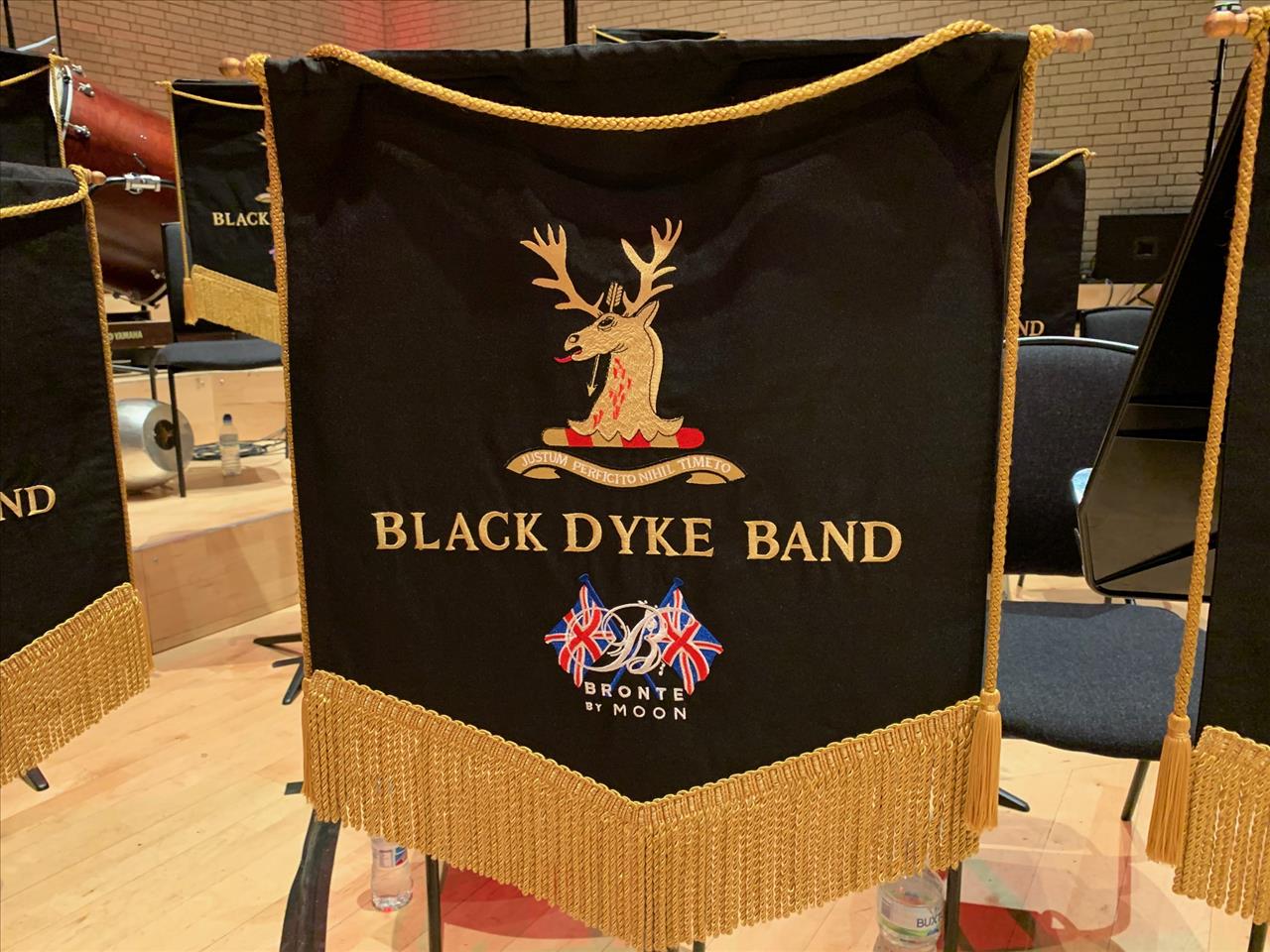

This thoroughly engaging concert from Black Dyke not only attracted a packed mid-week audience to the University, but was also enjoyed by viewers across the world with an innovative live-stream broadcast.
It was held to celebrate the launch of a new CD of the music of Prof. Derek Scott, the University’s Professor of Critical Musicology - his catalogue of music for brass stretching back over 40 years, with the opening ‘Wilberforce March’ written in 1978.
Taken from his operetta inspired by the life and work anti-slavery pioneer and the subsequent Abolition of Slavery Act in 1833, it highlighted Scott’s light, transparent style of writing, its two contrasting themes related yet cleverly divergent.
Sheer verve
Daniel Thomas was the featured soloist in two movements from Philip Wilby’s renowned ‘Euphonium Concerto’ – the composer himself a Leeds Alumni. This was playing of both academic rigour and emotional passion, the yearning sadness of ‘Sarajevo Song’ contrasting with the sheer verve and fun of the ‘Ziebekikos’ dance.
The first half closed with Scott’s ‘Symphony No 1’. Written in 1996 it’s derived from seemingly fragmentary material moulded with an intuitive feel for different genres - from contrasting dialogues between sections in the opening ‘Allegro Moderato’ and ‘Adagio’ to a flowing fandango, a waspish ‘Scherzo’ and an intriguing minor keyed finale that grew in complex intensity.
The first half closed with Scott’s ‘Symphony No 1’. Written in 1996 it’s derived from seemingly fragmentary material moulded with an intuitive feel for different genres - from contrasting dialogues between sections in the opening ‘Allegro Moderato’ and ‘Adagio’ to a flowing fandango, a waspish ‘Scherzo’ and an intriguing minor keyed finale that grew in complex intensity.
Absorbing
Philip Wilby’s absorbing ‘Pilgrim’s Progress’, inspired by John Bunyon’s Christian allegory was colourfully brought to life - the dream sequence journey to the Celestial City paced perfectly along a track of burden, despond, temptation, death and final redemption.
Scott’s idiosyncratic fantasy treatment of the song ‘Dafydd y Garreg Wen’ brought a touch of happiness to a traditionally rather morose piece of Welsh melancholy, whilst the concert closed with the composer’s ‘Symphony No 2’.
Written in 1997 it is much more richly developed in tonality and technical complexity, linked to 18th century symphonic form but given an inventive twist with its motifs and material inspired directly or indirectly from conflicting tensions – from the picturesque and bucolic to the ferocious and spiteful.
Like the other repertoire featured on the night, it was music from the pen of a perceptive composer, delicate of touch but serious in intent.
Iwan Fox









